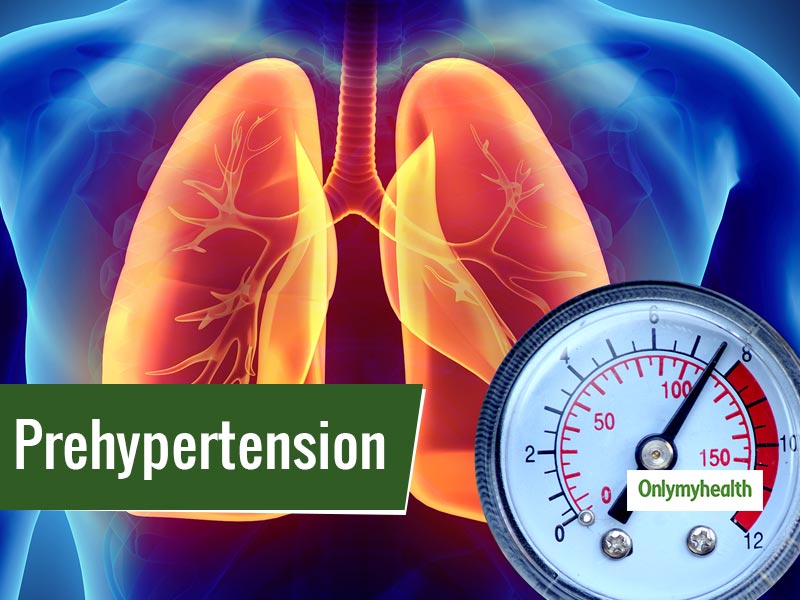Optimists are less likely to develop high blood pressure and heart disease than pessimists

Optimists are Less Likely to Develop High Blood Pressure and Heart Disease than Pessimists

Introduction
Optimism, the belief that things will generally turn out well, has long been praised for its positive impact on mental health. However, recent research suggests that being optimistic may also have significant benefits for physical health. Studies have found that optimists are less likely to develop high blood pressure and heart disease compared to their pessimistic counterparts. This article explores the link between optimism and cardiovascular health, providing insights into how maintaining a positive outlook can potentially safeguard against these conditions.
Optimism and Cardiovascular Health
Research has increasingly shown that our psychological well-being can influence our physical health, particularly when it comes to cardiovascular diseases. A study published in the Journal of Psychosomatic Research analyzed data from more than 97,000 women and found that the most optimistic individuals had a significantly reduced risk of developing high blood pressure, coronary heart disease, and fatal cardiovascular events. This indicates that optimism may play a crucial role in preventing these conditions.
Possible Mechanisms
Although the precise mechanisms linking optimism with cardiovascular health are not yet fully understood, several theories have been proposed. One explanation suggests that optimists are more likely to engage in health-promoting behaviors such as exercising regularly, maintaining a balanced diet, and avoiding harmful habits like smoking and excessive alcohol consumption. Additionally, optimism has been associated with lower levels of stress and better coping mechanisms, which can ultimately protect against the physiological toll of chronic stress on the cardiovascular system.

Optimism as a Buffer
Optimism acts as a buffer against the negative effects of stress. When faced with challenging situations, optimists tend to view them as temporary setbacks rather than permanent failures. This cognitive flexibility allows them to navigate through stressors more effectively, preventing the cascade of physiological responses that can lead to heart problems. Moreover, optimism fosters an optimistic explanatory style, which looks for external and temporary causes for negative events, rather than internalizing blame or viewing negative events as permanent aspects of life. This explanatory style is especially relevant when it comes to cardiovascular health, as it helps to prevent the development of learned helplessness, a risk factor for heart disease.
Cultivating Optimism
Fortunately, optimism is a learned trait that can be cultivated and enhanced over time. The field of positive psychology offers various tools and techniques to develop a more optimistic outlook. One effective practice is reframing, which involves consciously challenging negative thoughts and replacing them with more positive and realistic perspectives. Cognitive-behavioral therapy (CBT) has also been shown to be beneficial in shifting negative thinking patterns towards a more positive lens.
Conclusion
In conclusion, optimism appears to play a protective role in cardiovascular health. Optimistic individuals are less likely to develop high blood pressure and heart disease compared to their pessimistic counterparts. While more research is needed to fully understand the underlying mechanisms, this link between optimism and cardiovascular health highlights the importance of nurturing a positive mindset. By incorporating optimism into our daily lives, whether through reframing techniques or seeking therapy, we may be able to promote our overall well-being and reduce the risk of developing these serious health conditions.
This article is based on information from Positive Psychology.
Share
Related Posts
Quick Links
Legal Stuff

